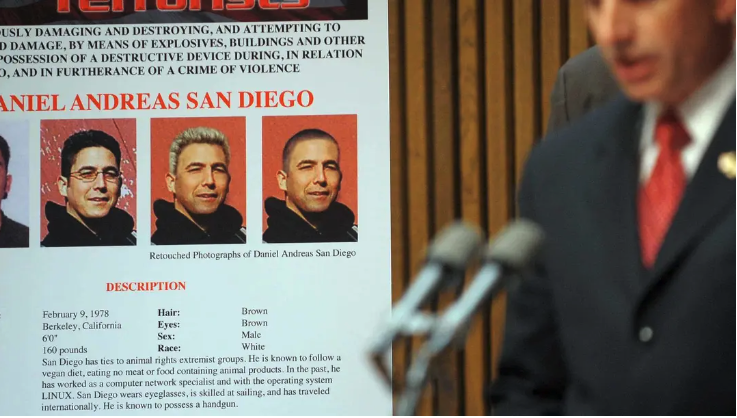SCOTUS Rejects Public Figure Defamation Case
SCOTUS on Monday declined to hear the case Blankenship v. NBCUniversal, which would have allowed the court to make it easier to sue public figures or media companies for defamation....

0:00
/1861
Facts
- SCOTUS on Monday declined to hear the case Blankenship v. NBCUniversal, which would have allowed the court to make it easier to sue public figures or media companies for defamation.1
- The case — brought by former Massey Energy CEO and West Virginia Senate candidate Don Blankenship, who was convicted in 2015 of a misdemeanor charge for violating mine safety standards and sentenced to one year in prison — takes aim at over a dozen media companies, claiming he was falsely called a convicted felon.2
- In its decision not to hear Blankenship's case, SCOTUS, which previously rejected his attempt to appeal his conviction, let stand both a district court and the 4th Circuit Court of Appeals' ruling that CNN, Fox News, and 14 other outlets didn't act with 'actual malice.'3
- His argument is in reference to the 1964 case New York Times Co. v. Sullivan, where the court ruled that the press can be held liable for defamation of a public figure only if the publication recklessly printed such information without care for its truth or falseness.2
- Justice Clarence Thomas wrote that while he agreed with the court's decision, which would have required four justices to take up the case, he repeated his call for the justices to overturn the 1964 case. Justice Neil Gorsuch has also suggested he would like to review the landmark case.2
- This comes as Justice Thomas has faced a wave of criticism from Pro Publica over receiving gifts from a wealthy friend as well as calls for him to recuse himself from certain cases due to alleged conflicts of interest.1
Sources: 1Forbes, 2The washington times and 3Washington Post.
Narratives
- Left narrative, as provided by First amendment watch. There are two things we know for sure at this moment: ever since Donald Trump ran for office, the Republican party has been tearing down the credibility of the free press, and Justice Thomas, a conservative who has faced criticism from the press, wants to overturn NYT v. Sullivan. Even Neil Gorsuch, who during his confirmation hearing said the 1964 case is settled law, is now shifting opinion. No one knows what will happen, but it does seem that the GOP is looking to redefine free speech.
- Right narrative, as provided by The constitutionalist. NYT v. Sullivan was brought by a man who was never even mentioned in the New York Times' alleged defamatory advertisement, but what about those who are specifically targeted by the press? We live in a very different world today, one in which regular, non-public figures can be thrust into the spotlight and hounded by the media simply because the internet made them go viral. NYT v. Sullivan wasn't meant to protect the press from defaming the average person and feeding them to the online mob; it's time we rethink this landmark case.






